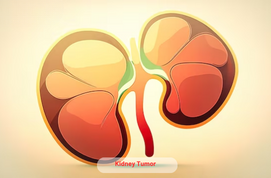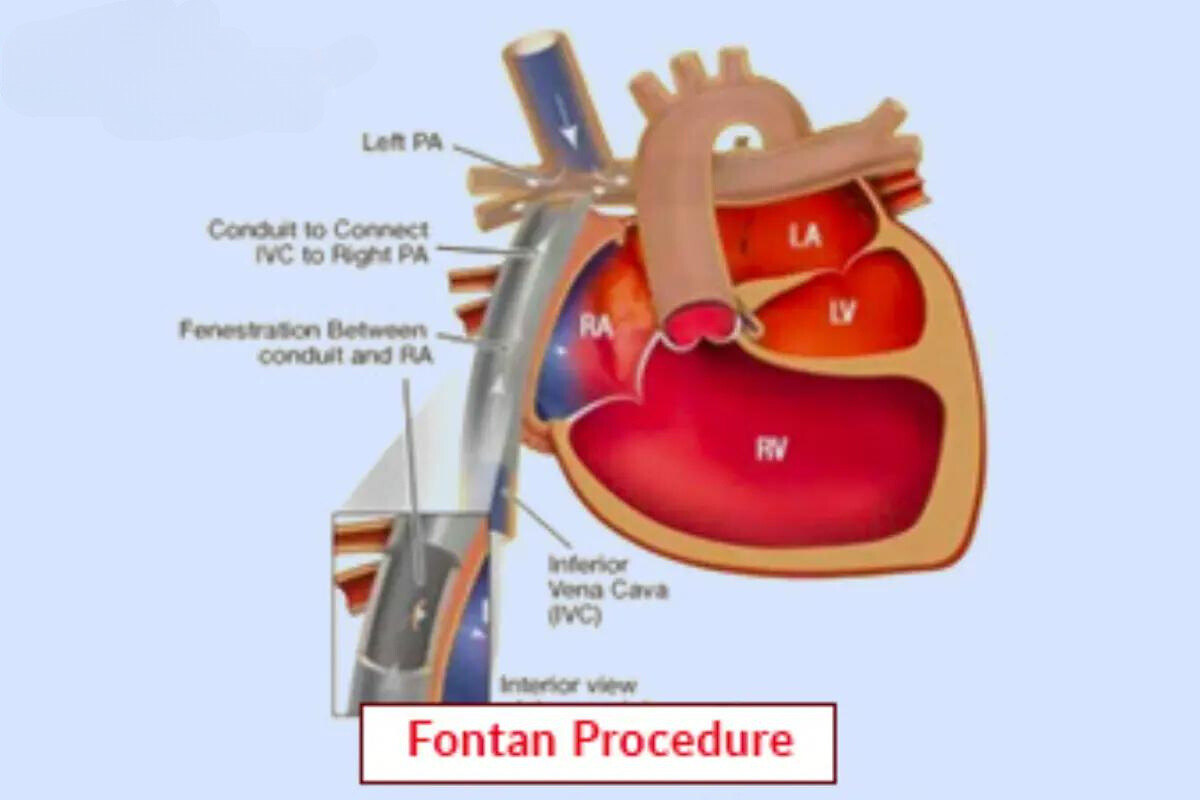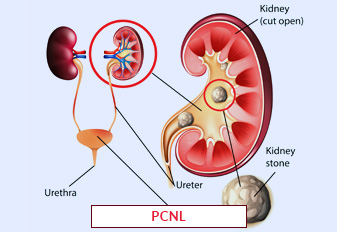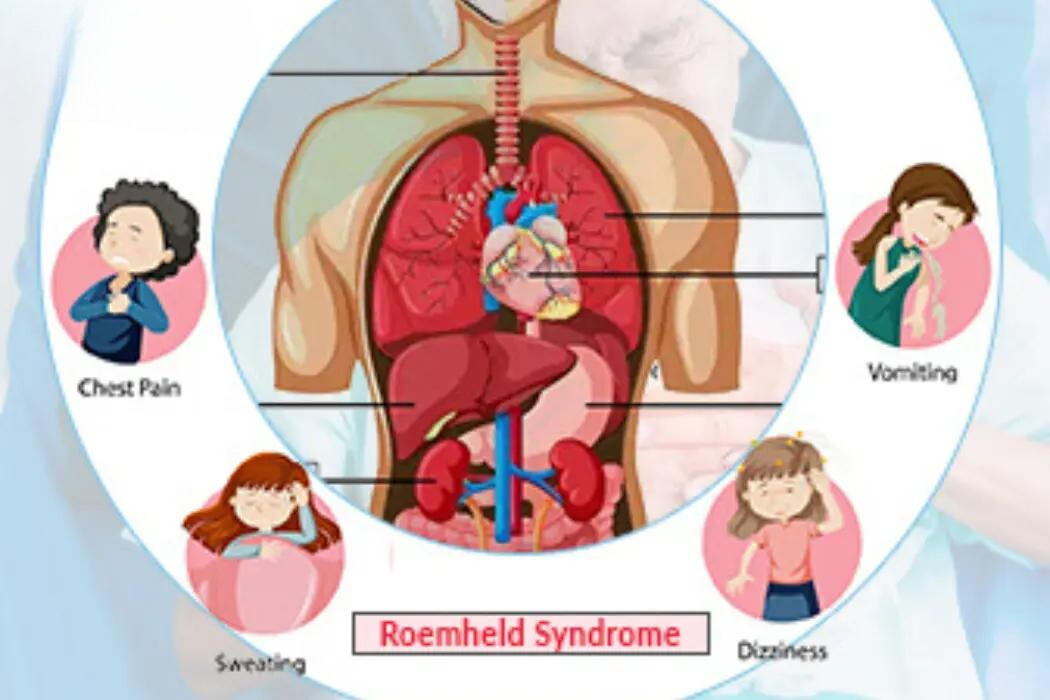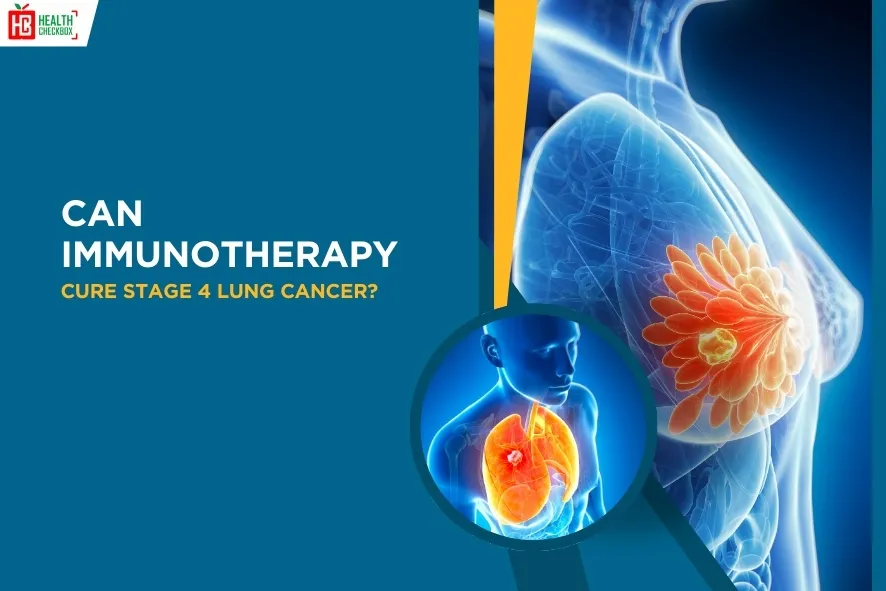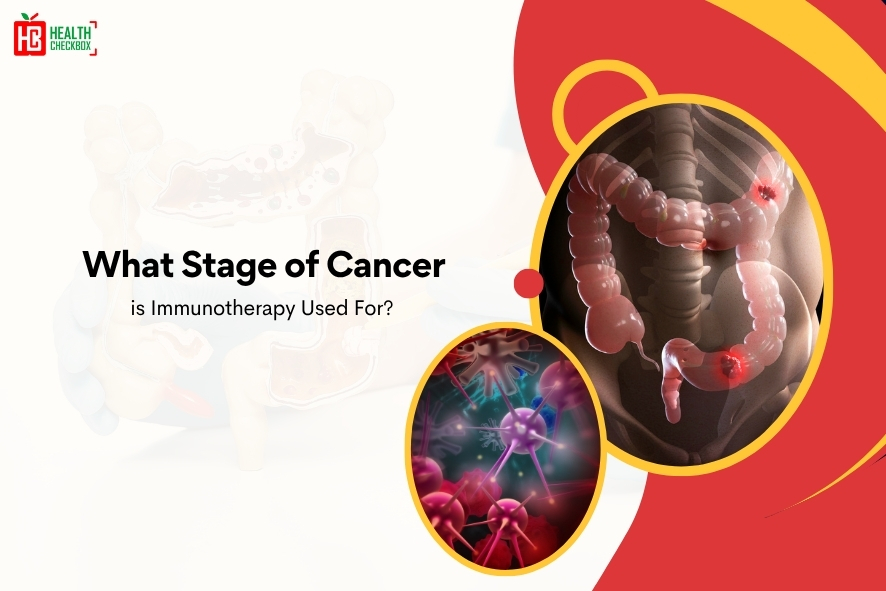It is a chronic respiratory disease that makes the lungs’ airways narrow and tight. This narrow passage makes it difficult for an individual to breathe. Asthma treatment involves managing symptoms with inhalers, medications, and lifestyle changes to improve breathing and prevent asthma attacks. If it is not treated well, then this may lead to serious consequences. According to a WHO report, more than 2 lakh people are experiencing bronchial asthma. It can be treated by knowing its types and severity.
Types of Asthma
There are some common types of asthma that can be developed in various ways. It is classified into the following types:
- Exercise-Induced Asthma: While engaging in physical activity can cause this type of asthma.
- Occupational Asthma: Dust, gas, fumes, etc, trigger while working in the workplace.
- Allergic Asthma: It is triggered after getting exposed to allergic substances, like pollen.
- Non-Allergic Asthma: It does not trigger by allergens, it may include infection, stress, hormone, etc.
- Adult-Onset Asthma: Its symptoms appear only in adulthood.
- Overlap Syndrome of Asthma and COPD: It is a lung condition that causes the blockage of the airways. It shows the symptoms of both asthma and COPD.
Types of Asthma Treatment
Asthma treatment can be categorized into the following types:
Bronchial Thermoplasty
When other treatments are not effective then it is advised by a doctor. A healthcare provider will check airways by inserting a bronchoscope from the mouth. To prevent narrowing airways, heat will be applied to the muscles.
- Long-term Control Medications: Your doctor will prescribe some drugs that will help to control and prevent asthma. It includes biological medicines, allergy shots, inhaled mast cell stabilizer to prevent swelling in the airways, steroid hormone medication, biologics to prevent inflammation, leukotriene modifiers relax the smooth muscle of airways and reduce swelling.
- Quick-Relief Medicines: To prevent an asthma attack, there are fast-relieving medicines to prevent mild asthma. Such as oral corticosteroids to minimize swelling, short-acting anticholinergics to open up airways more quickly, and short-acting beta2-agonists (inhaler).
- Changes in Lifestyle: Triggers to asthma can avoid smoke, smoking, allergic substances, passive smoking, and chemicals. Adapt physical activity like yoga, exercise, reduce weight, and improve quality of life can help to control and prevent asthma.
- Self-care: People should be aware and educate themselves and their families about asthma’s symptoms, treatment, and its management. A good action plan is required to control it.
- Other Treatments: Apart from above treatment, there are other options, like surgery and injection. However, these two are rarely required to treat asthma.
What Triggers Asthma?
There are various factors that induce asthma in a person, and these are mentioned below:
- Environmental factors such as air pollution, dust, chemicals etc.
- Family history
- Respiratory infections
- Allergens in the air
- Overweight
- Medicines
- Pets
- Stress
- Unhealthy lifestyle
- Strong fragrance
- Allergies from food, such as fish, peanuts, shrimp etc.
- Smoking
- Infection due to bronchitis, cold etc.
Symptoms of Asthma
Its symptoms vary from individual to individual and these are as follows:
- Not able to breathe properly due to chest tightness
- Coughing during night
- Signs of cold
- Produce whistle sound during breathing
- Shortness of breath
- Nasal congestion
How is Asthma Diagnosed?
A doctor will diagnose and monitor the effect of asthma by measuring lungs airflow. It is done by performing the following tests:
- Blood test
- Allergy test
- Peak flow
- Chest X-ray
- To check the narrowing of bronchial tubes by Spirometry
Latest Health Tips
Can Immunotherapy Cure Stage 4 Lung Cancer?
Early Signs of Cervical Cancer
Foods that Kill Cancer: Leafy Vegetables, Grains, & More
What Stage of Cancer is Immunotherapy Used For?
Which is Worse for Cancer, Sugar or Alcohol?
Vaccines That Prevent Cancer
What Kills Cancer Cells in the Body Naturally?
Early Warning Signs of Bone Cancer
Submit Your Enquiry
Testimonials









